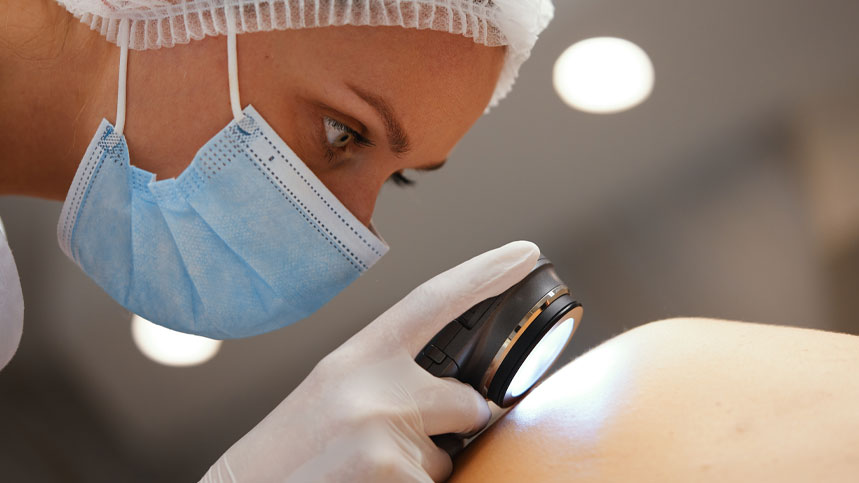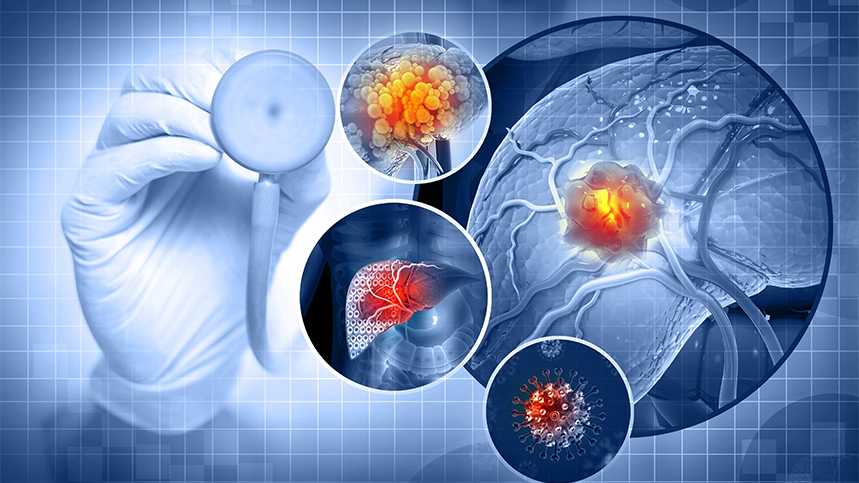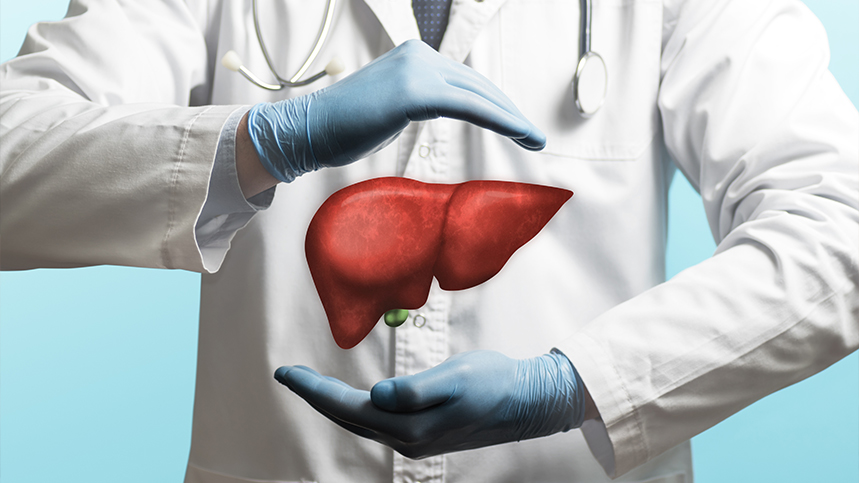Skin cancer is a type of cancer that develops in the skin cells due to the damaging effects of the sun’s rays and UV radiation. It is one of the most common forms of cancer across the globe. While skin cancer can be life-threatening, early detection and treatment can help prevent its progression.
Biopsy
A biopsy is a procedure that involves the removal of a small sample of skin tissue for examination under a microscope. This is the most used method for diagnosing skin cancer. The procedure can be carried out in a doctor’s office, under local anesthesia. The tissue sample is sent to a laboratory for analysis by a pathologist. The pathologist will then determine if the skin tissue is cancerous and what type of skin cancer it is.
Staging
Once skin cancer has been diagnosed, the next step is to determine the stage or extent of the disease. Staging involves a careful examination of the biopsy results and other diagnostic tests. The stage of the disease determines the treatment options and helps predict the outcome of the disease. There are two systems used to stage skin cancer: the American Joint Committee on Cancer (AJCC) and the TNM System.
Imaging
Imaging tests such as CT scans, MRIs, and PET scans may also be used in the diagnosis and staging of skin cancer. These tests provide detailed images of the inside of the body, which can help identify the extent of cancerous cells. Imaging tests are particularly useful in detecting the spread of cancer to nearby lymph nodes and other organs. Imaging tests are often used in advanced stages of skin cancer to help plan treatment.
Other Diagnostic Tests
In addition to biopsies, staging, and imaging tests, there are other diagnostic tests that may be used to diagnose skin cancer. These include:
Dermoscopy – a non-invasive method of examining the skin using a special magnifying glass called a dermatoscope.
Lymph Node Biopsy – the removal of a lymph node to check if the cancer has spread beyond the skin.
Conclusion
Diagnosing and staging skin cancer involves a series of tests and procedures to determine the extent of the disease. Early detection and treatment are key to preventing the spread of skin cancer. If you have any concerns about your skin, they should be evaluated by a qualified doctor immediately. Remember, prevention is always better than cure; protect your skin from the harmful effects of the sun and avoid indoor tanning.










